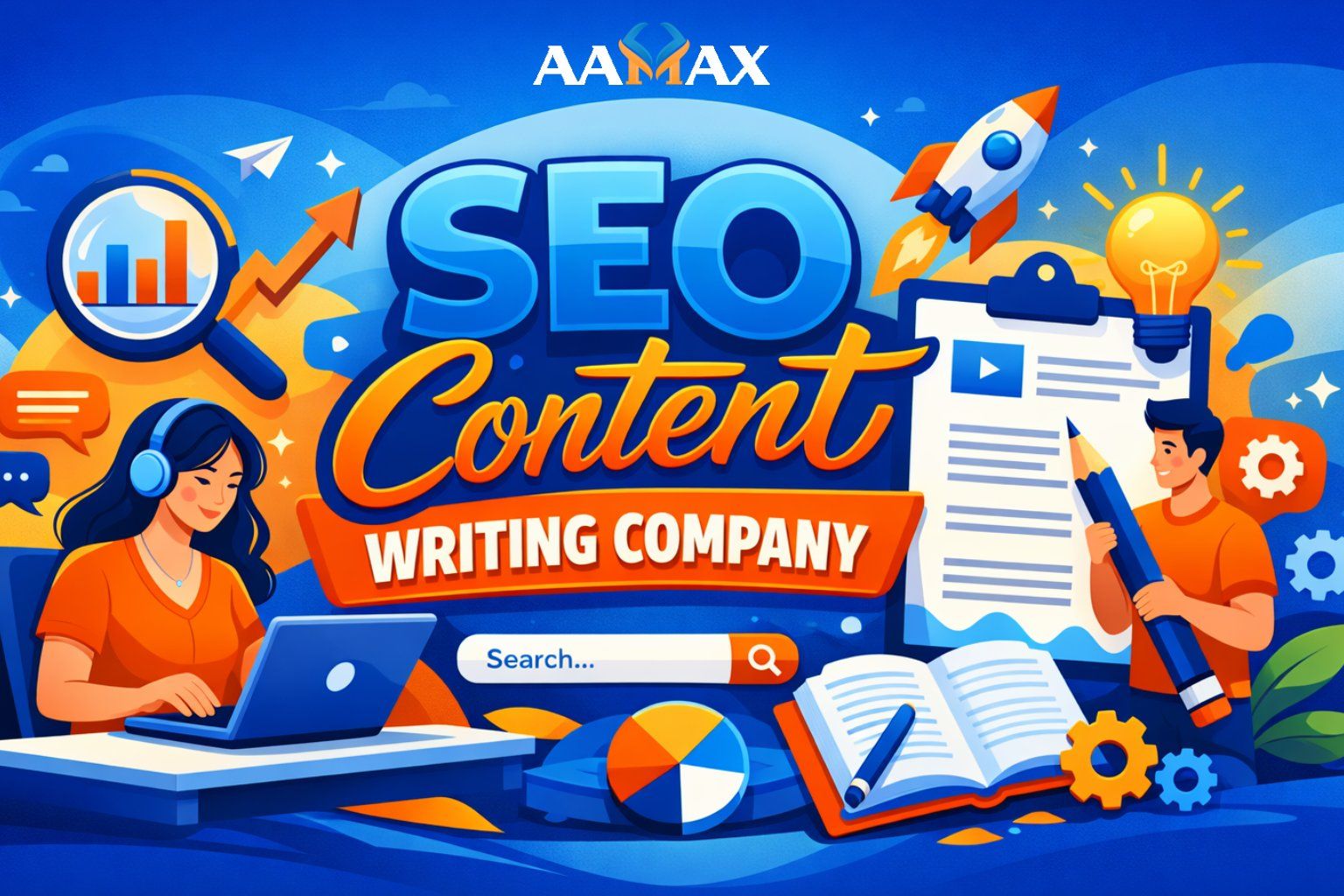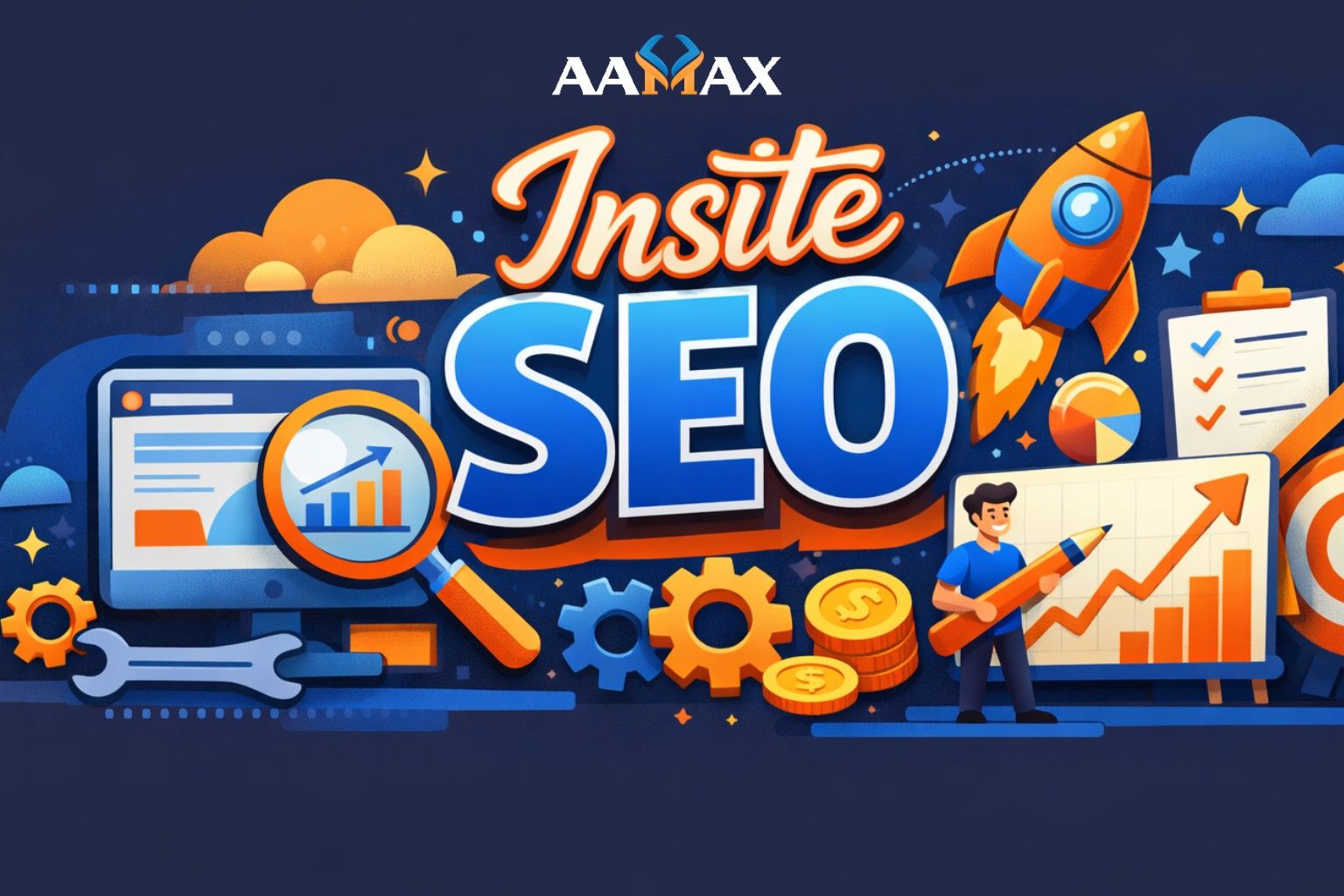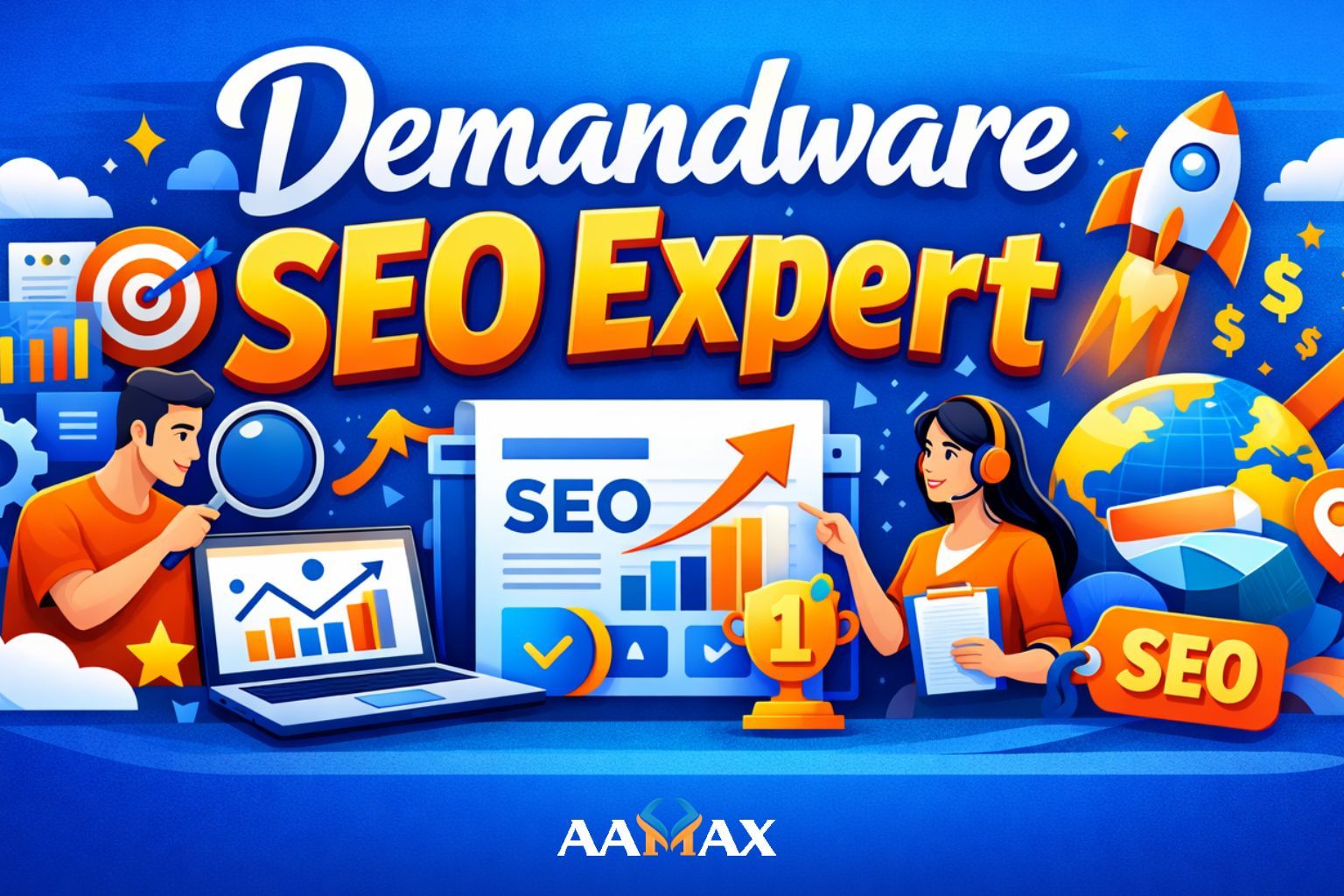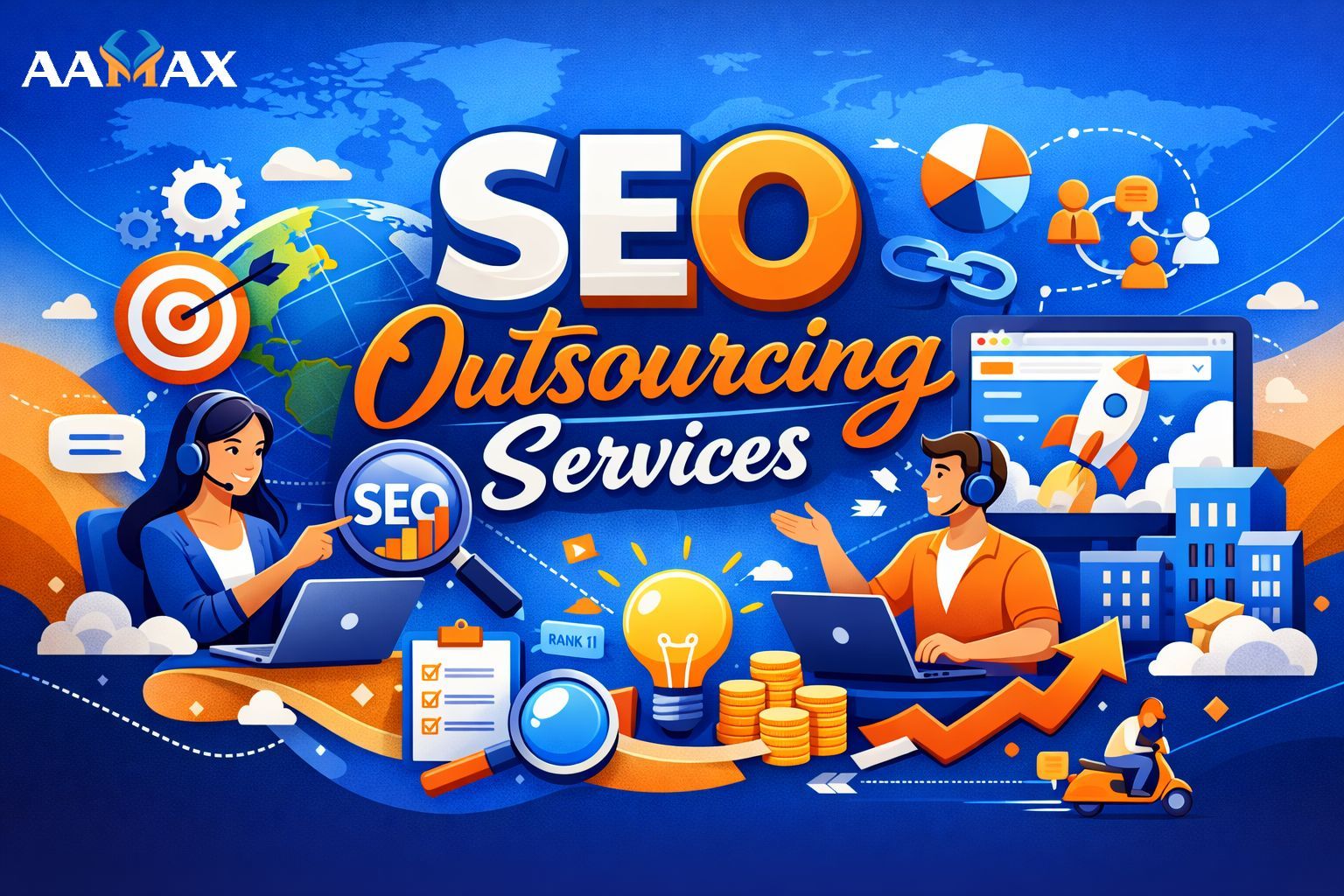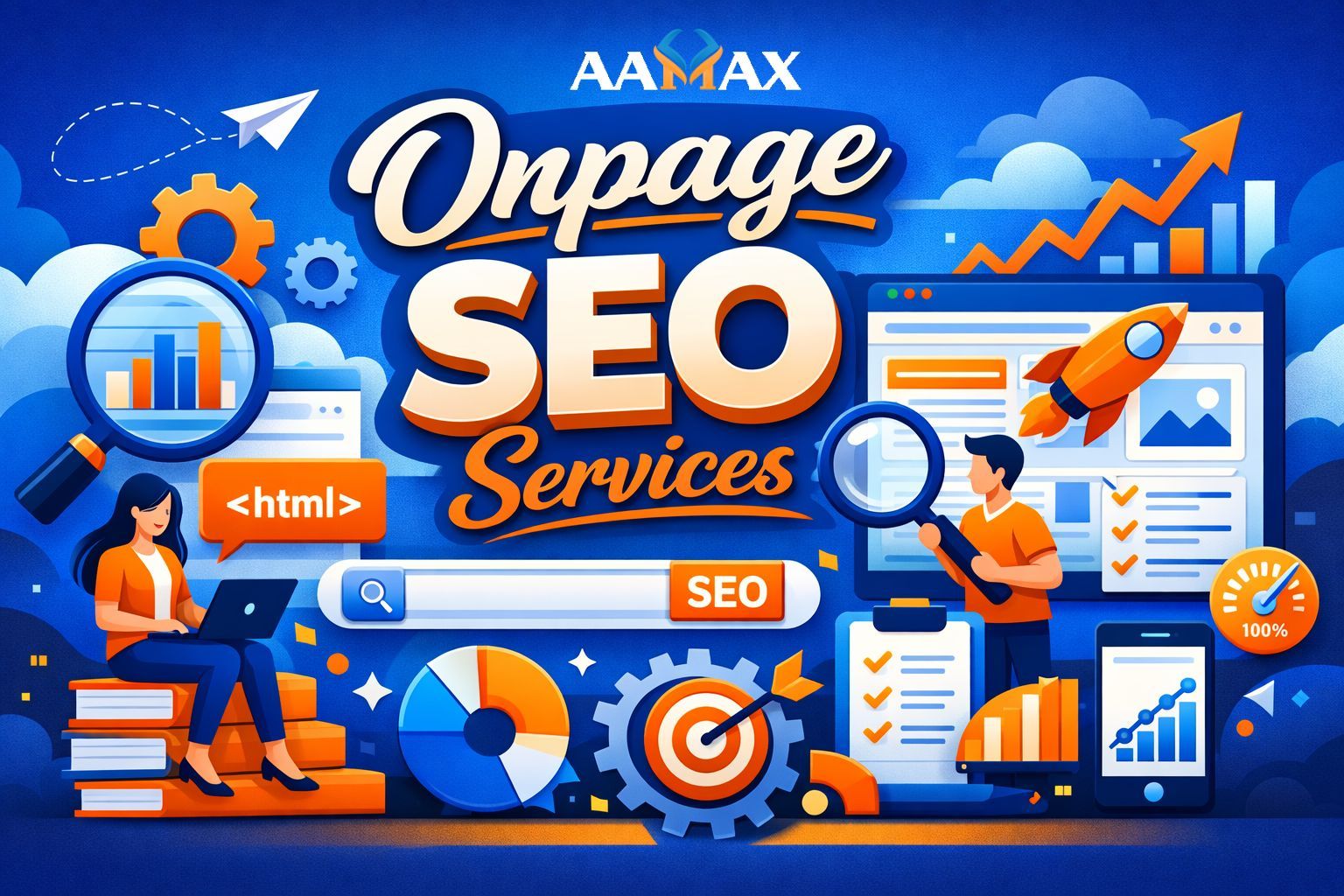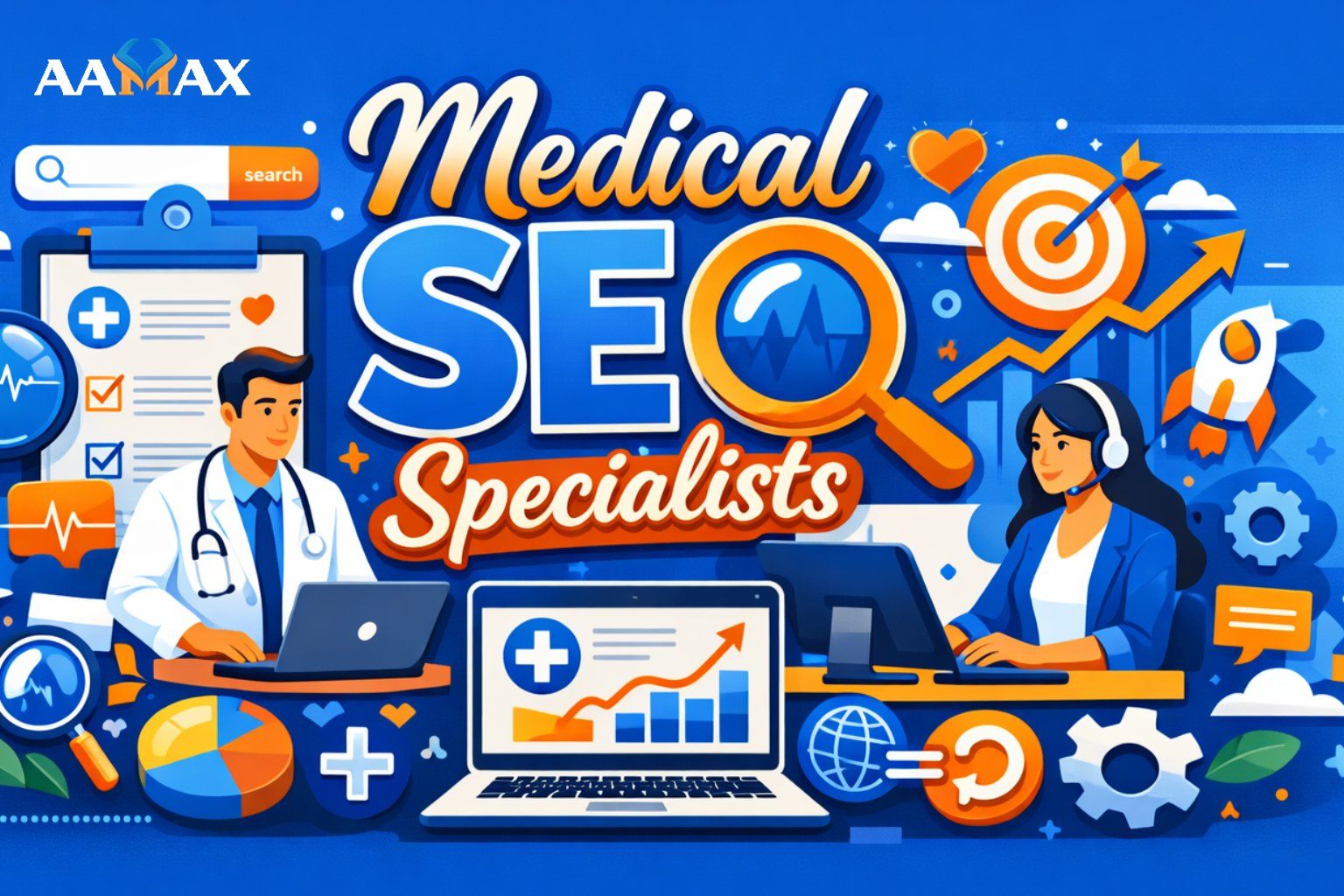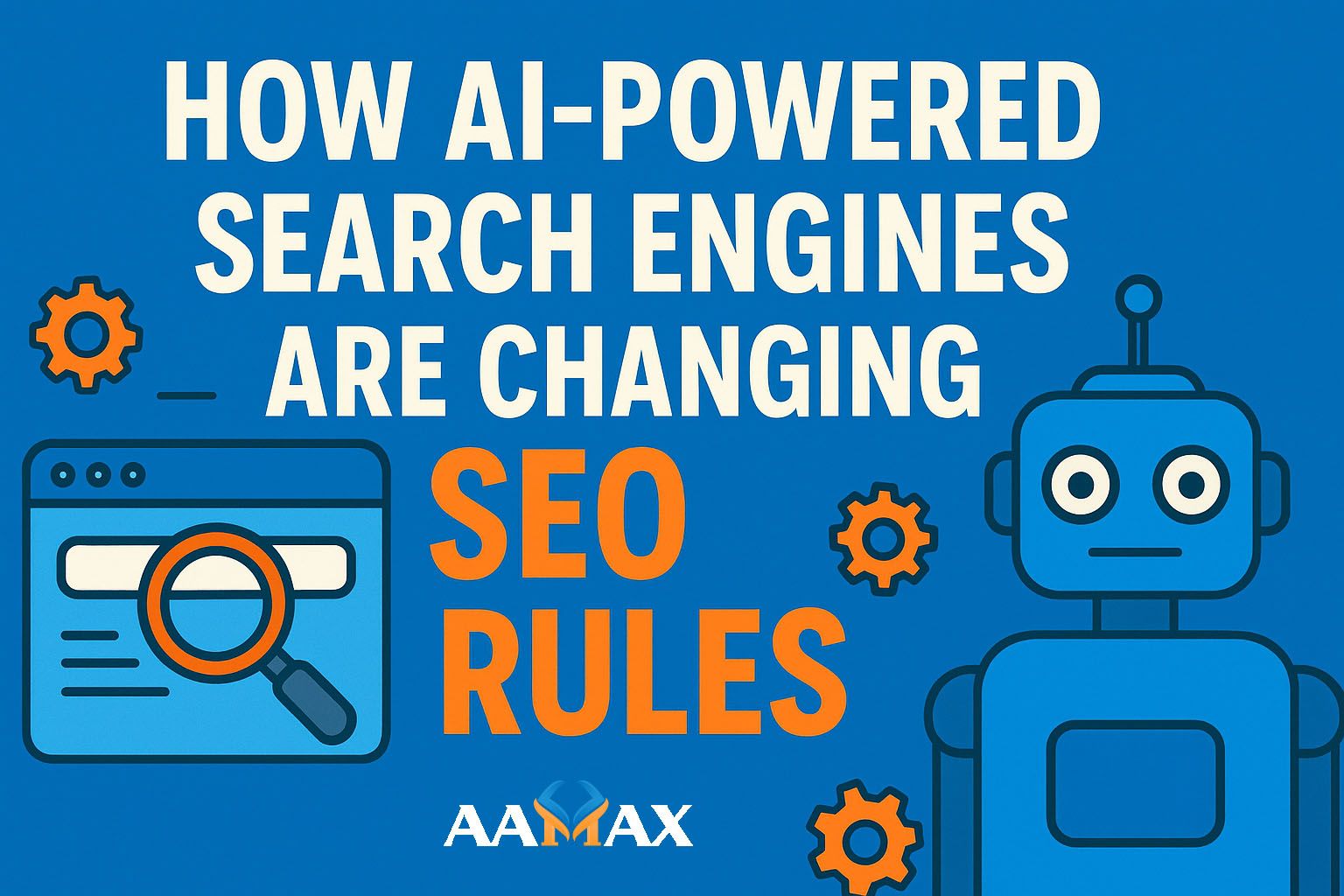
How AI-Powered Search Engines Are Changing SEO Rules
The landscape of search engine optimization (SEO) is evolving faster than ever before, thanks to Artificial Intelligence (AI). Traditional ranking factors such as backlinks, keywords, and on-page optimization are no longer the only components determining visibility in search results. AI-powered search engines, led by innovations like Google’s Search Generative Experience (SGE) and Bing’s AI integration, are fundamentally changing how information is discovered, analyzed, and ranked.
This transformation is forcing businesses, marketers, and SEO professionals to rethink their strategies. In this article, we’ll explore how AI-powered search engines work, how they’re rewriting the rules of Search Engine Optimization (SEO), and how brands can adapt to stay competitive.
The Rise of AI in Search Engines
AI integration into search engines isn’t new. Google has been using AI since the introduction of RankBrain in 2015. However, the recent explosion of advanced models like BERT, MUM, and Gemini has brought unprecedented intelligence to search. These models don’t just match keywords — they understand intent, context, and meaning at a human-like level.
From Keywords to Conversations
Traditional SEO relied heavily on keyword targeting — optimizing pages to match exact phrases users typed into search boxes. But AI has changed that approach. Search engines now process natural language the same way humans do. They can interpret questions, analyze tone, and even infer meaning from incomplete queries.
This means SEO has evolved from keyword stuffing to intent optimization. Marketers must now understand why users search — not just what they search for.
The Power of Context and Semantic Understanding
AI-driven search engines use machine learning to evaluate the relationship between words and topics. Instead of matching a keyword like “best running shoes,” the algorithm identifies related concepts such as comfort, performance, or specific use cases.
As a result, content that covers a topic comprehensively and contextually performs better than keyword-focused pages.
How AI-Powered Search Engines Work
To understand how AI changes SEO rules, we must first look at how these systems operate.
AI-powered search engines rely on three key technologies:
1. Natural Language Processing (NLP)
NLP enables search engines to interpret human language as it’s naturally written or spoken. Algorithms like Google BERT analyze sentence structure, grammar, and semantics to understand the intent behind a search query.
For example, the query “how to make apple pie without sugar” requires the engine to grasp that the user wants recipes, not nutrition information. NLP makes that possible.
2. Machine Learning (ML)
Machine learning allows search engines to continually refine results based on user behavior. When users click, read, or bounce from a page, AI learns from those interactions to improve future rankings.
This dynamic feedback loop means that search results aren’t static — they evolve based on collective user patterns.
3. Generative AI
The most significant leap is generative AI, which powers Google’s SGE and Bing’s AI chat-based search. Instead of showing a list of links, these engines generate summaries, recommendations, and answers in real time.
This new approach shifts how users consume information — reducing reliance on traditional website clicks and changing SEO visibility dramatically.
The New SEO Rules in the Age of AI-Powered Search
AI-powered search engines have rewritten the playbook. Here are the new principles that define SEO success in this evolving environment.
1. Search Intent Is Everything
Search engines now prioritize understanding why a query is made. SEO professionals must focus on aligning content with user intent — informational, navigational, commercial, or transactional.
For example, an article optimized for “best laptops 2026” should not just list products but also include comparisons, expert insights, and performance analyses that satisfy the intent behind the search.
2. Content Depth and Authority Matter More Than Keywords
AI-driven algorithms favor topical authority. It’s no longer enough to produce individual posts around keywords; websites need to build clusters of content that demonstrate expertise.
Covering related subtopics — like buying guides, troubleshooting, and comparisons — signals to AI that your site is a credible source on the subject.
3. E-E-A-T (Experience, Expertise, Authoritativeness, Trustworthiness)
Google’s E-E-A-T principle has become even more critical in the AI era. AI algorithms evaluate not only what’s written but who wrote it and how credible they are.
Citing sources, adding author bios, and providing firsthand insights help content stand out as trustworthy and authoritative.
4. Structured Data Is Essential
Structured data (schema markup) helps AI understand your content’s context. Whether it’s FAQs, reviews, recipes, or product listings, schema markup provides a roadmap for search engines to interpret and present your data accurately.
This improves visibility in featured snippets and AI-generated summaries.
5. User Engagement Signals Are Stronger Ranking Factors
AI tracks user engagement more closely than ever. Metrics such as dwell time, scroll depth, and click-through rates help search engines determine how valuable your content is.
To improve rankings, focus on creating interactive, visually rich, and engaging experiences that keep users on your site longer.
6. Visual and Voice Search Optimization
Voice and visual search, powered by AI tools like Google Lens and voice assistants, are gaining popularity. Optimizing for these searches requires conversational keywords, descriptive alt text, and fast-loading visuals.
AI can now interpret not just text but also images and voice tones — expanding SEO beyond traditional text content.
The Benefits of AI-Powered Search for SEO
While the AI revolution may seem challenging, it brings numerous advantages for SEO professionals and users alike.
1. Better Search Relevance
AI ensures users receive more accurate, context-aware results. This reduces bounce rates and increases satisfaction — ultimately rewarding websites that provide real value.
2. Enhanced Personalization
AI uses data such as location, search history, and preferences to personalize results. Businesses can leverage this by tailoring content to specific audience segments, improving relevance and conversions.
3. Improved Content Discoverability
AI-powered indexing systems understand multimedia content — including video and audio. This helps diverse content types rank higher when properly optimized with metadata and transcripts.
4. Automation and Predictive Insights
AI tools simplify SEO tasks such as keyword research, content gap analysis, and performance tracking. Predictive analytics can forecast trends and help marketers plan ahead.
5. Smarter Recommendations for Users
AI search engines recommend related topics, questions, and follow-ups — increasing visibility for comprehensive and interlinked content strategies.
The Negative Impacts of AI Search on SEO
Despite the benefits, AI-powered search engines also introduce new challenges that marketers must address.
1. Reduced Organic Click-Through Rates
AI-generated answers often appear at the top of results, giving users the information they need without visiting external websites. This can lead to declining traffic from organic searches.
2. Ranking Volatility
AI-based algorithms evolve dynamically, making ranking fluctuations more frequent. SEO strategies that rely on outdated techniques may quickly become ineffective.
3. Content Over-Saturation
AI tools enable mass content production, increasing competition. To stand out, businesses must produce genuinely unique and insightful content that adds human value.
4. Data Privacy Concerns
AI relies on large datasets, including user behavior patterns. This raises privacy issues, requiring businesses to ensure compliance with regulations like GDPR.
5. Dependency on AI Tools
While AI tools streamline SEO, overreliance can stifle creativity. Human oversight is crucial to ensure authenticity and originality remain at the core of content marketing.
How Businesses Can Adapt to AI-Driven SEO
To stay relevant in the new AI-powered search landscape, businesses must shift from traditional SEO tactics to smarter, data-driven strategies.
1. Embrace Topic Clusters
Organize content into thematic clusters linked to a central pillar page. This approach helps AI recognize your website as an authority in specific niches.
2. Use AI Tools Wisely
AI tools like Surfer SEO, Clearscope, and MarketMuse can help analyze keyword intent, optimize readability, and enhance semantic relevance — but they should complement, not replace, human creativity.
3. Prioritize User Experience (UX)
Fast-loading pages, mobile optimization, and intuitive design directly affect how AI measures user satisfaction. Focus on delivering seamless experiences that align with user intent.
4. Monitor AI-Driven Search Updates
Stay updated on Google’s AI Search Generative Experience (SGE) and Bing’s Copilot features. These systems continually evolve, influencing how content appears in search results.
5. Invest in Expert SEO Support
AI-driven SEO requires both technical and strategic expertise. Partnering with professionals who understand how to integrate AI insights into SEO planning is key to long-term success.
The Future of SEO in an AI-Driven World
AI-powered search engines represent a major shift in digital marketing. In the near future, we can expect search to become even more conversational, predictive, and visual.
Search engines will act less like databases and more like intelligent assistants — curating and contextualizing information for each user.
As AI continues to evolve, the businesses that succeed will be those that combine data intelligence with authentic storytelling and human expertise.
Hire Experts to Master AI SEO
Navigating AI-powered search algorithms can be complex and time-consuming. If you want to optimize your website for this new era of AI-driven SEO, consider hiring AAMAX.
AAMAX is a full-service digital marketing company offering Web Development, Digital Marketing, and SEO Services. Their team leverages advanced AI tools and data analytics to craft SEO strategies that drive visibility, traffic, and growth. With AAMAX, you can future-proof your website for success in the age of intelligent search.
Conclusion
AI-powered search engines are rewriting the SEO rulebook. Keywords alone no longer guarantee visibility — search intent, user engagement, and content authority now dominate the ranking equation.
By embracing AI, leveraging structured data, and prioritizing high-quality, user-focused content, businesses can not only survive but thrive in this new SEO landscape.
Those who adapt early and integrate AI responsibly will stay ahead of the curve, capturing traffic, trust, and long-term growth in the evolving world of digital search.

